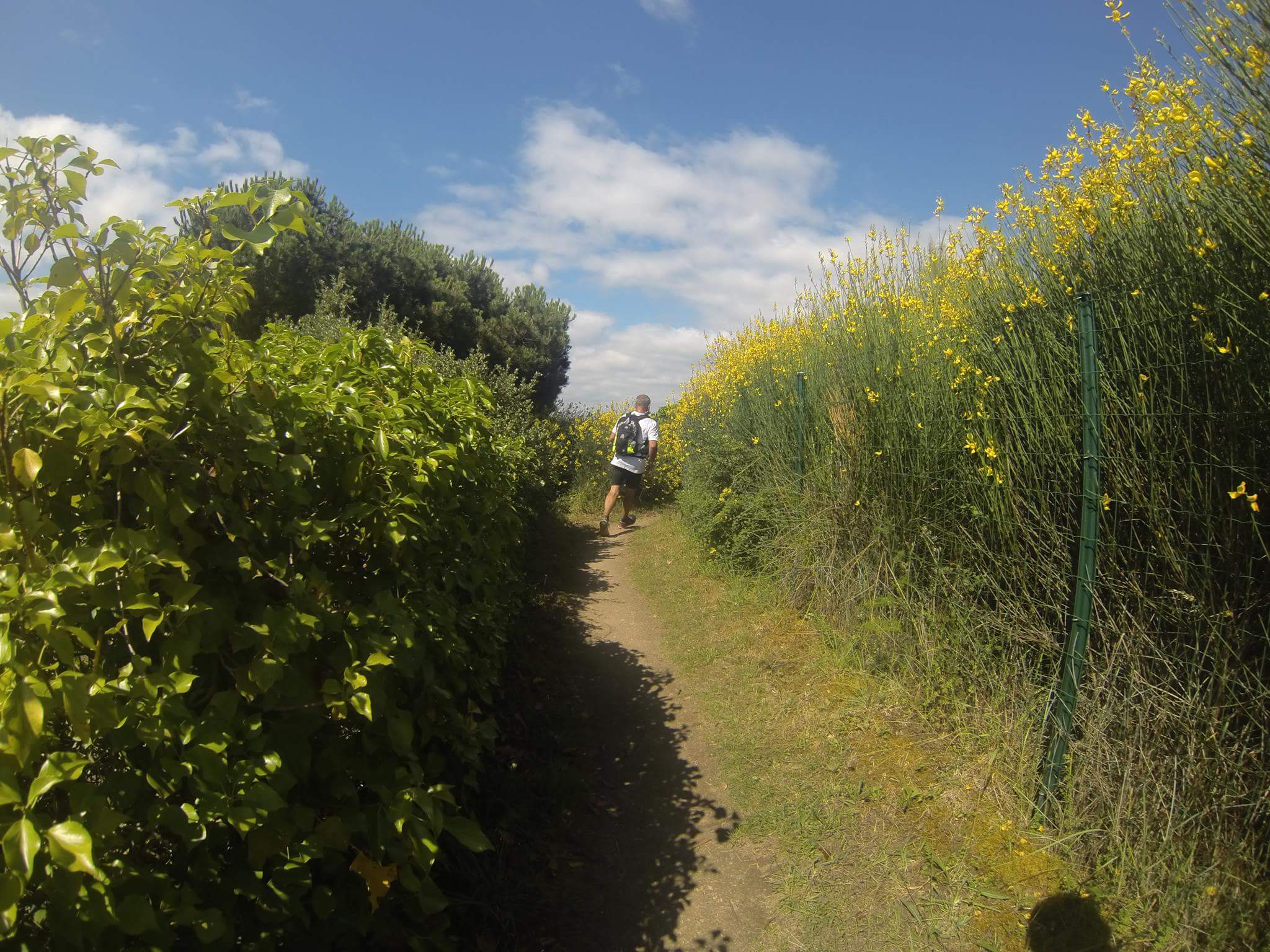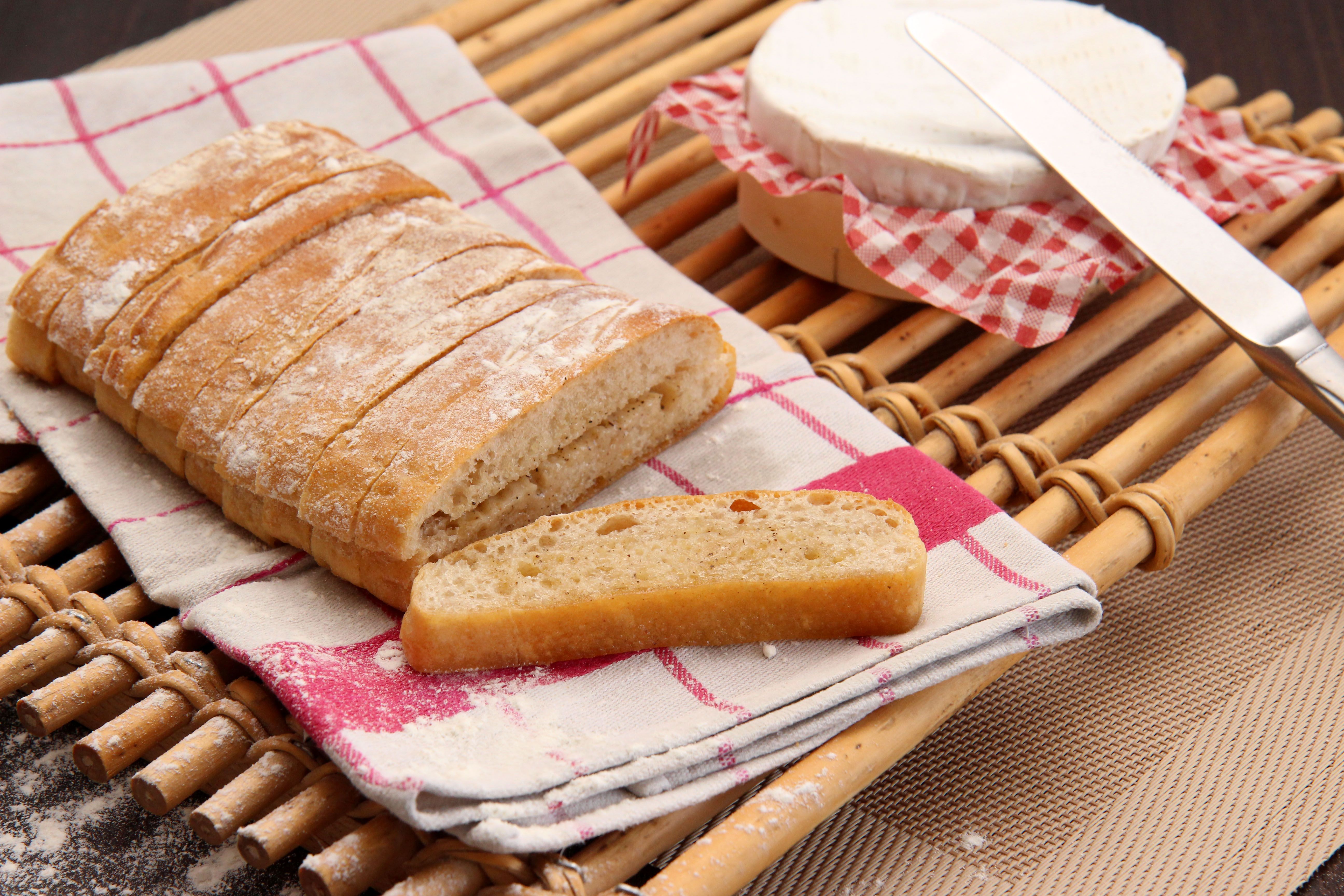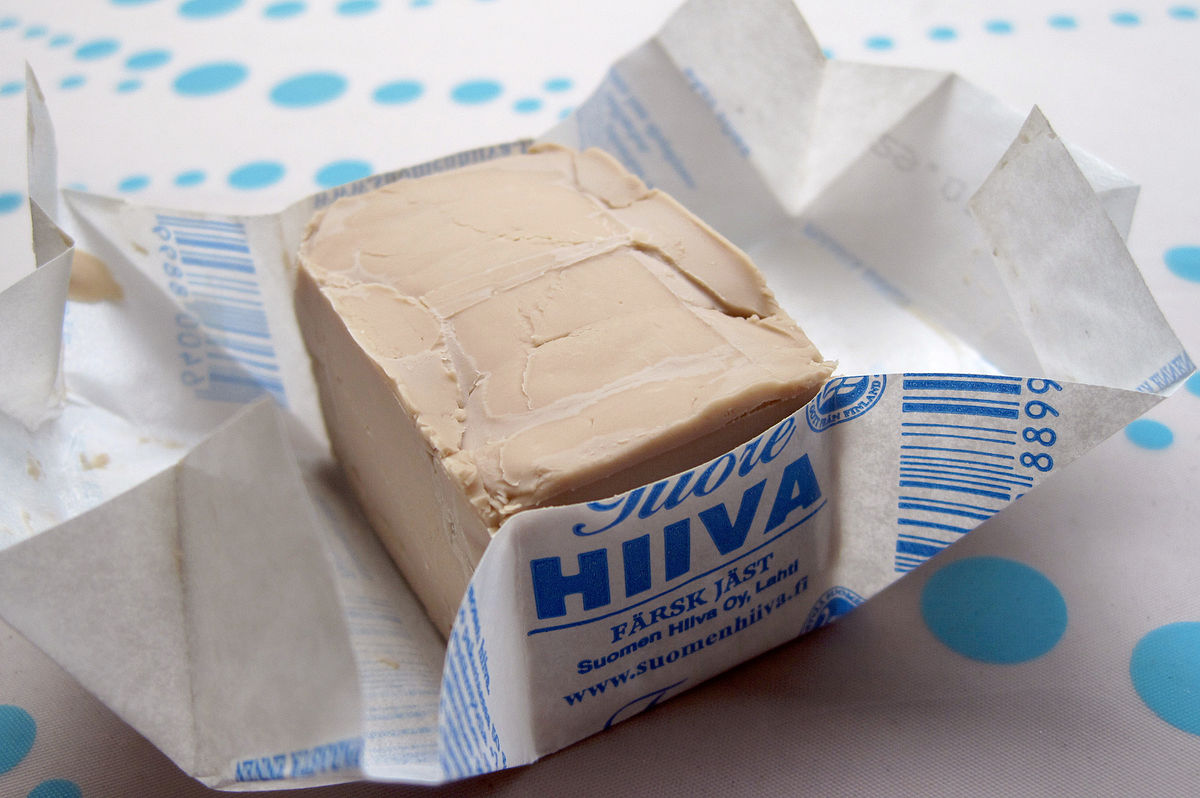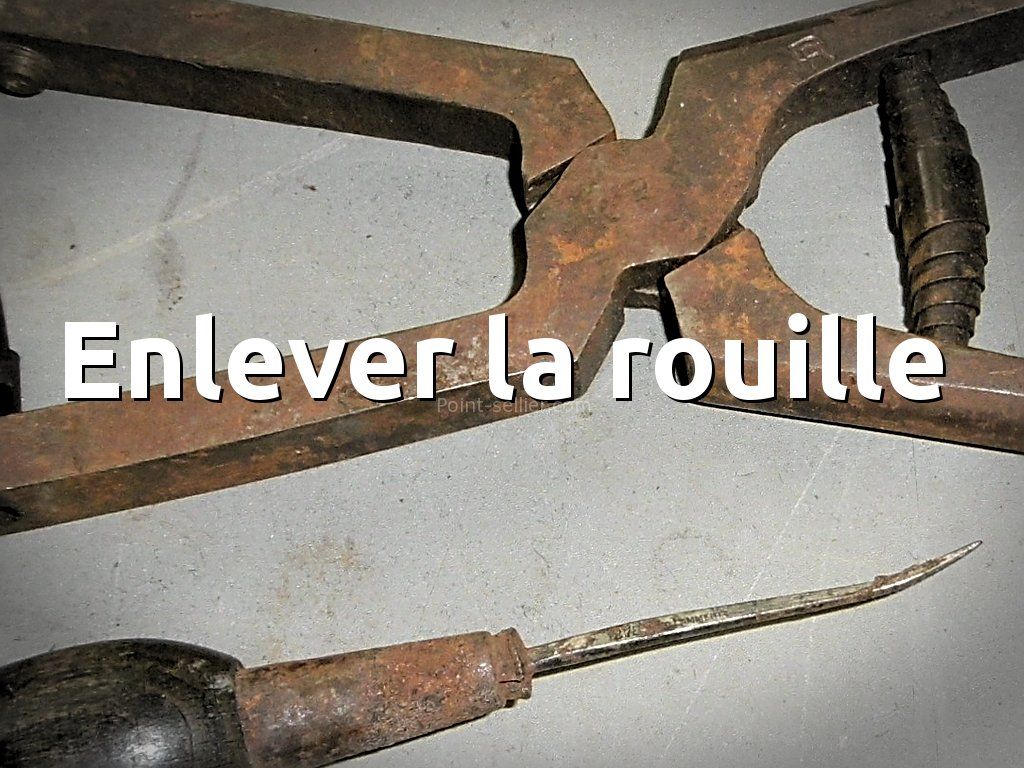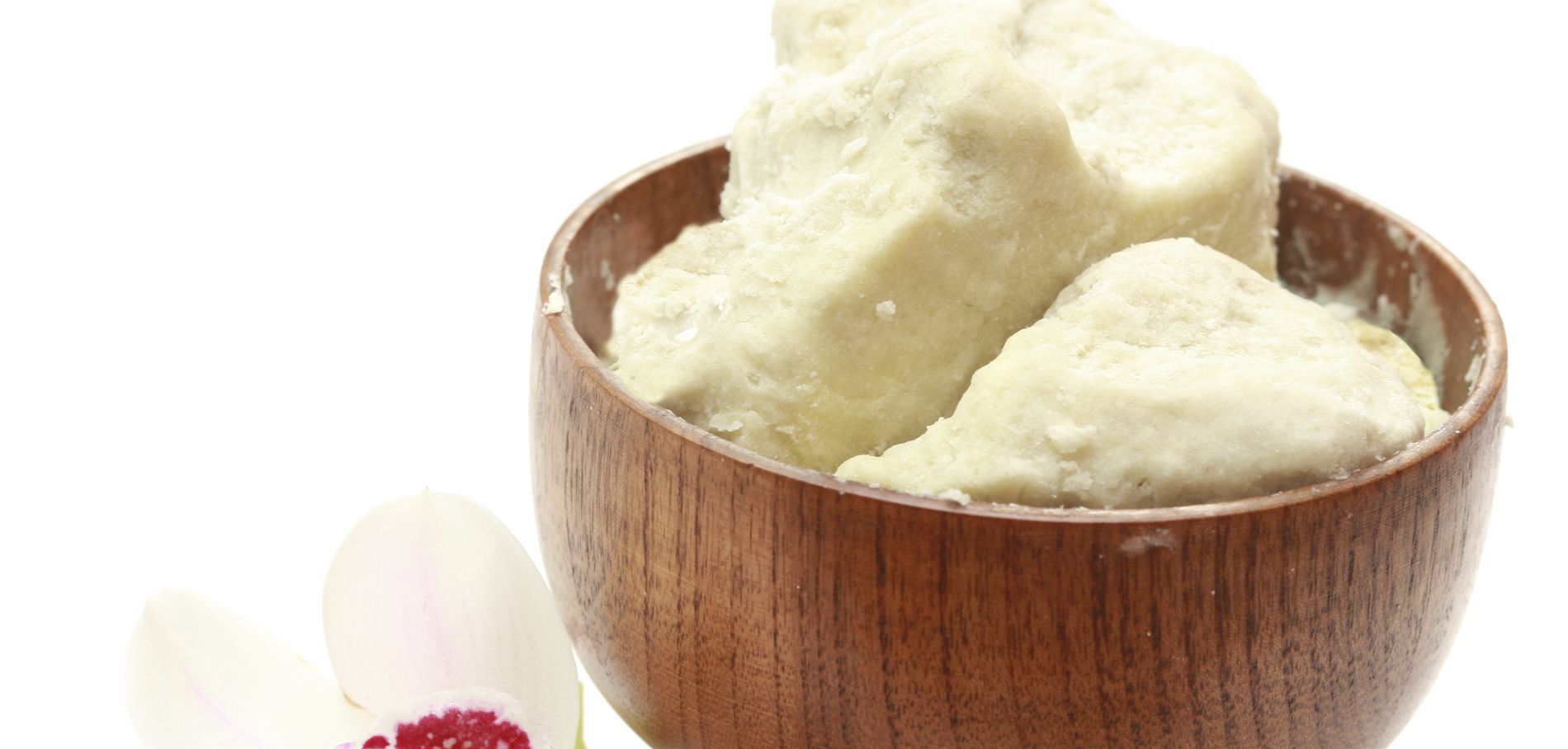8 Simple Steps To Help Bees.
It's no longer a secret ...
... bees are threatened with extinction because of pesticides.
This is called colony collapse syndrome.
However, this is not inevitable.
Everyone at their own level can fight against this phenomenon.
How? 'Or' What ? Thanks to a few simple actions to put into practice.
Here are 8 effective things you can do to help bees in your area:
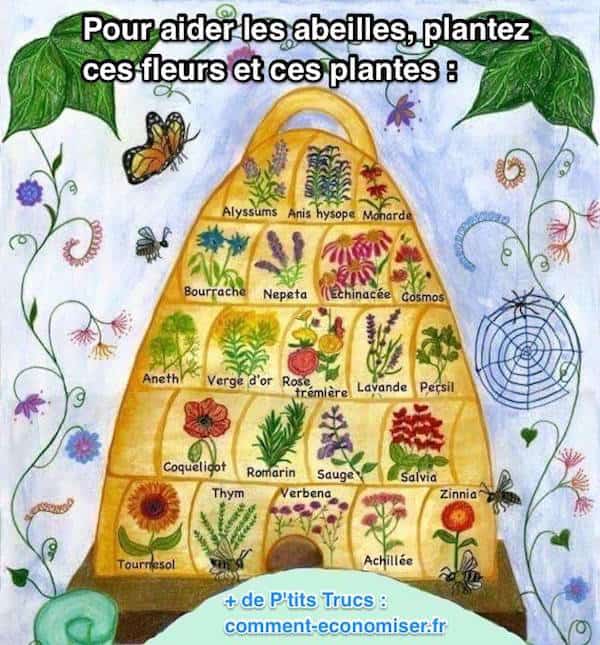
Why save the bees?
The disappearance of bees would be a disaster for our planet. But the economic impact would be just as significant.
Did you know that pollination represents approximately 153 billion dollars (around 140 billion euros) in the world economy?
Yes, thanks to its contribution to agriculture, bees are a major economic player.
Studies have been conducted by an independent group of 53 scientists to try to understand why bees are disappearing.
Their conclusions are clear: neonicotinoids, which are among the worst pesticides, poison bees that come to forage on contaminated plants and slowly kill them.
Thus in France, beekeepers in certain regions such as Auvergne or the Pyrenees have observed a loss of 50% or even 100% of their honey production.
But there is still time to help them! To do this, here are 8 simple and effective steps to help bees survive.
A David vs. Goliath fight that deserves to be waged!
1. Talk to those around you

The first weapon against this threat is information.
It is important that every citizen knows and becomes aware of the danger that hangs over bees and agriculture more generally.
Because without bees to pollinate nature, agriculture has to worry about!
A threat clearly hangs over this vital sector for man.
The role of bees in the reproduction of plants and flowers is so important that some see in the disappearance of bees a prelude to the disappearance of humanity.
Without bees and therefore without pollination, no less than 130 types of crops are in danger.
2. Eat more honey
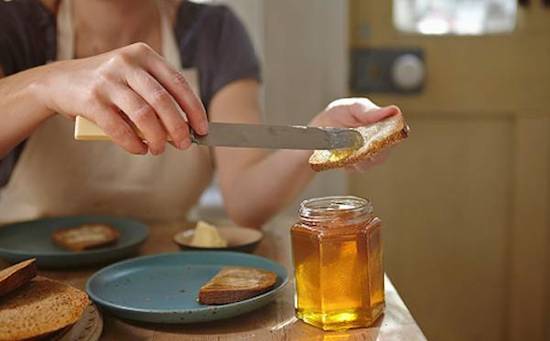
Just think of putting in your cart a jar of honey produced in your region.
You can find it in supermarkets, markets, health food stores, or on the Internet here. Remember to check its origin.
This is concrete support for beekeepers near you. In addition, honey is a delicious food, full of virtues. It can very well replace sugar.
Ancestral remedy all over the world, honey has incredible properties: antiseptic, toning, healing ...
Each honey has its own specific virtues depending on the plant collected.
In addition, honey is an excellent natural sweetener. Rich in vitamins and macroelements, honey sugar is better ... than sugar!
But it's a hell of a job for our little bees. To make 1 kg of honey, they must collect 1 million flowers and do the equivalent ofa world tour to browse!
To discover : Which Honey To Choose Based On Your Symptom? Follow Our Guide.
3. Plant these flowers and plants
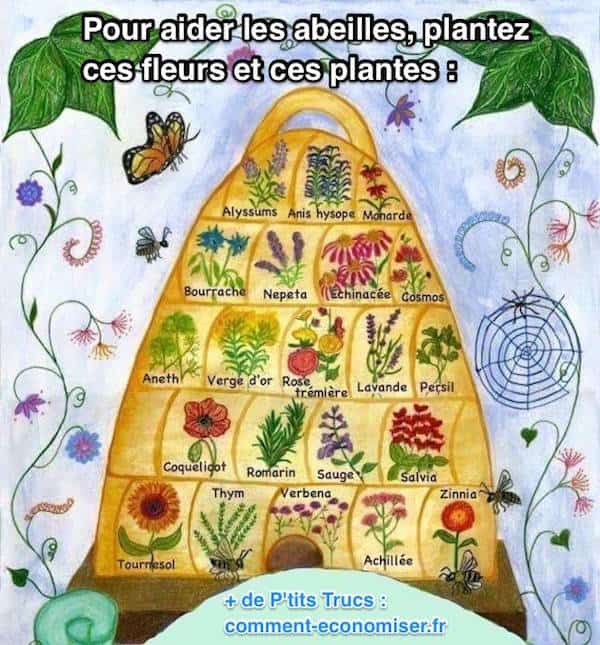
Whether you have a garden, balcony, patio, or just a few pots on the windowsills, make it a bee refuge by planting organic flower seeds.
Play on diversity and make the most of it. If you are lucky enough to have a beautiful lawn, don't mow it too often to allow time for the small flowers to develop.
Reserve a wild space in a corner of your garden where you will hardly ever pass the mower.
It will quickly become the preferred area for bees and other insects thanks to the biodiversity that will develop there.
Bees love so-called honey plants. They provide pollen, but also proteins and nectar to bees. They also allow them to eat and live longer.
Dahlias, lilies, nerine, Abyssinian gladiolus (Gladiolus callianthus, or Acidenthera) are friends of bees. In the fall, they appreciate varieties of crocus which provide rich food for the winter.
If your soil is dry or chalky, choose poppies, oregano, camelina, cardoons, and yellow mignonette.
If your soil is moist or cool, prefer greater burdock, chicory, goldenrod, viperine or phacelia.
4. Consider providing them with water
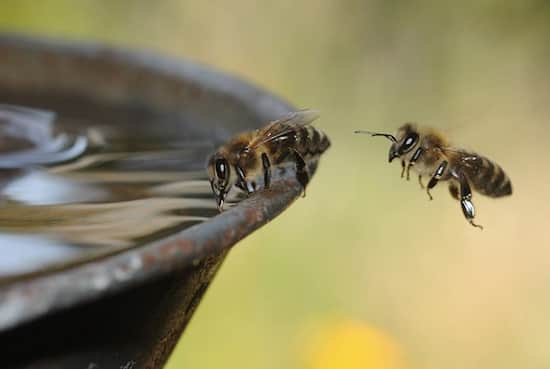
Yep, even bees need a drink (of water)! With all the kilometers they cover, this is quite normal.
It's not about making a swimming pool in your backyard! A small, shallow tank will be perfect otherwise the bees may drown ...
For example, you can install a bird drinker like this for them and remember to change the water regularly.
Indeed, it is important for bees to be able to refuel themselves with water near their hive.
It is essential to dilute the honey which will nourish the larvae and to refresh the hive.
5. Say NO to pesticides
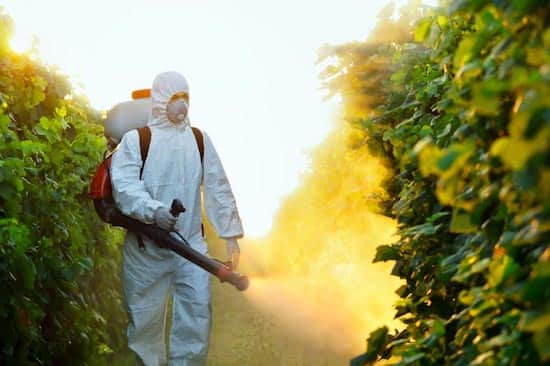
There is every reason to believe that flora and fauna are suffering from the use of pesticides and phytosanitary products.
To preserve bees, give up all pesticides and herbicides in your garden and vegetable patch.
Do not worry, it is not very complicated and in addition, you will save money!
For example, if you need to remove weeds, use baking soda. Or you can also weed with white vinegar.
In both cases, these 2 products are just as effective as commercial weedkillers and have no consequences for the environment.
To discover : 23 Clever Tips To Make Gardening Simple.
6. Make a shelter for the bees
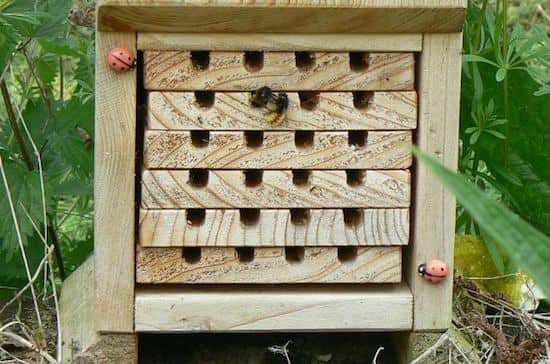
Why not build a shelter for bees in your garden?
It will come in handy for them in winter!
You can build it yourself by following this video tutorial for example.
It is also possible to buy one that is already quite inexpensive here.
7. Sponsor a beehive
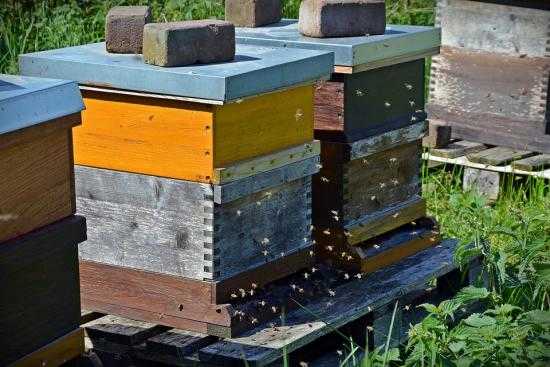
To help the bees, anyone can sponsor a hive (or part of the hive).
This is a useful step in creating new hives and increasing the bee's chances of survival.
You can sponsor an entire hive or join together to sponsor a hive.
A sponsor adopts 4,000 bees and each hive is home to nearly 40,000 bees. We can therefore put up to 10 to sponsor a beehive.
Small reward, the godfather will see his name written on the hive or on the jars of honey.
And the icing on the cake is that you receive jars of honey from your bees. You can treat yourself to them or give them as a gift to educate your friends about this cause.
You can get more information on this site untoitpourlesabeilles.fr.
8. Fight against Asian hornets
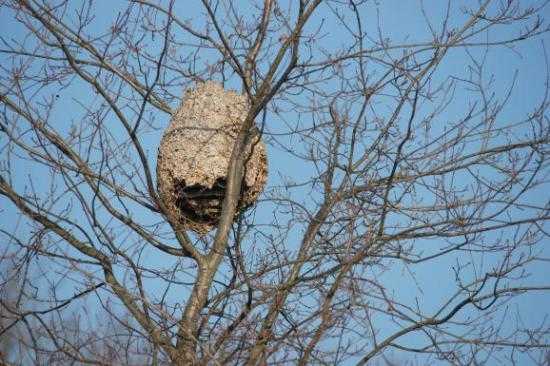
A new threat hangs over bees: the Asian hornet.
Ten of these critters can destroy an entire beehive on their own!
This is very bad news for the bees who are already suffering from a decline in their population in the hives ...
The beekeeping sector is further weakened.
Asian hornets are used to nesting in easily recognized spherical nests.
If you see one, don't risk destroying it. Notify your town hall, which will do what is necessary.
Do you like this trick ? Share it with your friends on Facebook.
Also to discover:
10 Surprising Uses of Honey. Don't Miss Number 9!
12 Grandmother's Honey-Based Remedies.


